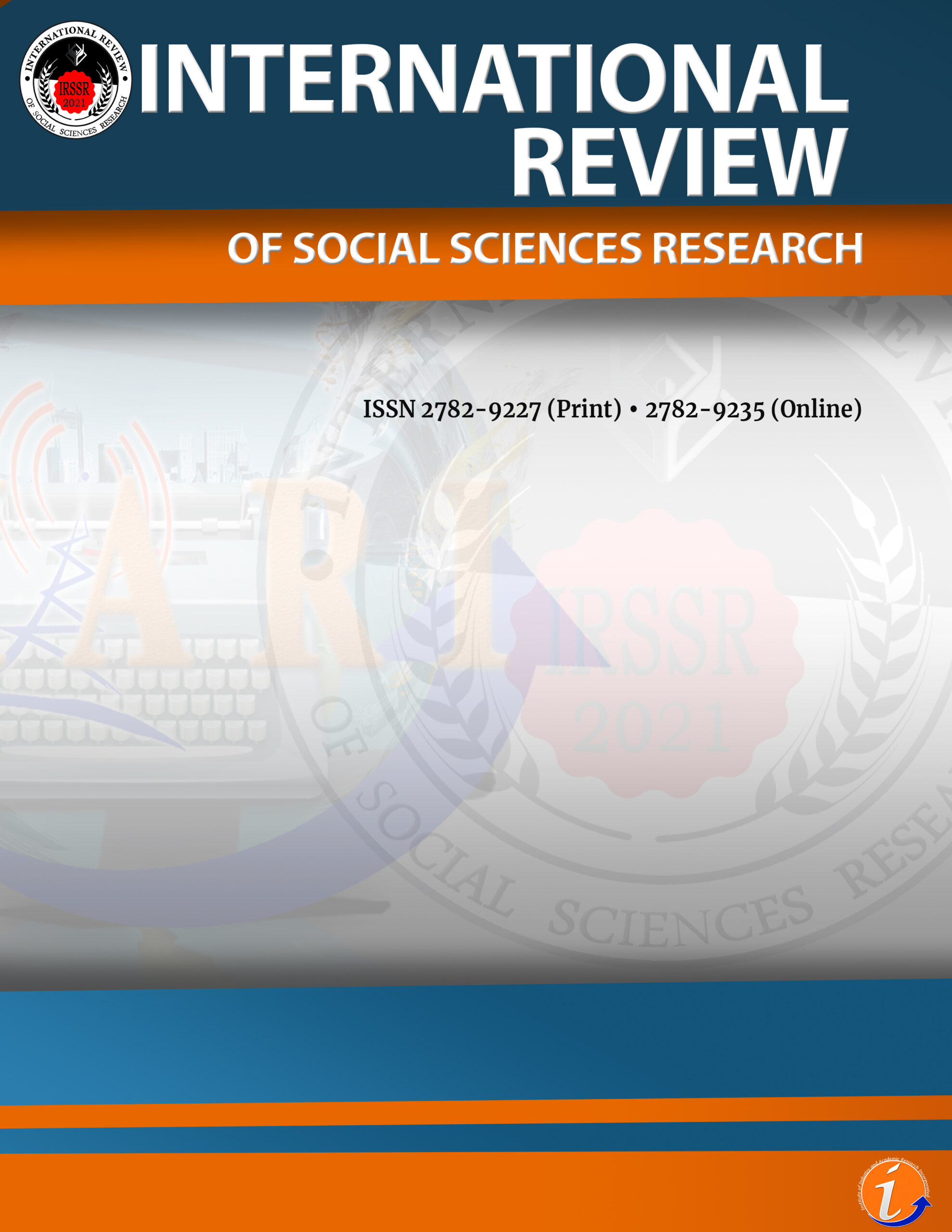This study analyzed the cases on the Violence against Women and their Children (VAWC) in the province of Laguna to determine the level of law awareness, reasons for unreported violence incidents and preferences on reporting VAWC cases. To assess the collected responses, descriptive statistics and Kruskal Wallis were utilized. Convenience sampling was used with 356 respondents, 34 of whom were witnesses to the abuse and 65 are the victims of abuse. Majority of witnesses to the abuse were women between 16 and 20 years old while the victims were between 16 and 30 years old. Emotional abuse is the most common type witnessed regardless of age, location, civil status, occupation, or educational attainment. While physical abuse is the most common type experienced by the victims, it is frequently perpetrated by their former husbands. Ironically, respondents were “Very Aware” of the VAWC law but the 70.5% of them do not report cases due to embarrassment, fear of being blamed, inability to make own decision, and fear of societal judgment. Majority of respondents believe a mobile application and website could help report the abuses.
violence against women, awareness, unreported violence, law, abuse
Francis F. Balahadia. Corresponding author. College of Computer Studies - Laguna State Polytechnic University-Siniloan Campus
Zerah Jane M. Astoveza. College of Computer Studies - Laguna State Polytechnic University-Siniloan Campus
Gelzen R. Jamolin. College of Teacher Education - Laguna State Polytechnic University-Siniloan Campus
Anderson, Björn, et. al., (2020). Together we can end violence against children and violence against women in East Asia and the Pacific. Joint Statement by UN Women, UNICEF and UNFPA. https://www.unicef.org/eap/press-releases/together-we-can-end-violence-against-children-and-violence-against-women-east-asia
Cudis, Cristine (2021). 20% of Pinoy Cite violence vs. women as top concern amid pandemic. Philippine News Agency. https://www.pna.gov.ph/articles/1133079
Garcia, Tria Marie (2020). Violence against women in the Philippines. Master’s Thesis 2020: Norwegian University of Life Sciences.
Guedes, A., Bott, S., Garcia-Moreno, C., & Colombini, M. (2016). Bridging the gaps: a global review of intersections of violence against women and violence against children. Global health action, 9(1), 31516
Legarda, Loren (2016). Legarda: Ending Violence Against Women, A Cause for All. Available at https://lorenlegarda.com.ph/legarda-ending-violence-against-women-a-cause-for-all/
Lobusta, M., Molod, C. & Santos, A. S. (2014) . R.A. 9262: Anti-violence against Women and Children Law: an Assessment https://www.academia.edu/.
Najarila, Mary Jane O. (2018). VAWC Law Through the Lenses of the Community Elders and Leaders of Ifugao, Benguet and Mountain Province. Journal of Asian Review of Public Affairs and Policy. Volume 3, No. 3.
National Commission on the Role of Filipino Women. Republic Act 9262. The Anti-violence against Women and their Children Act of 2004: A Briefer. http://scouts.org.ph/wp-content/uploads/2020/02/ra_9262.pdf
Oxfam International (2021). Say ‘Enough’ to violence against women and girls. https://www.oxfam.org/en/take-action/campaigns/say-enough-violence-against-women-and-girls
Partlow, Mary Judaline (2020). Women’s group files 109 VAWC cases in NegOr in 2019. https://www.pna.gov.ph/articles/1095766
Philippine Commission on Women (2019). Beijing Declaration and Platform for action BPfA+25: Philippine Progress Report 2014-2019. https://asiapacificgender.org/.
Philippines National Demographic and Health Survey (2018). Philippine Statistics Authority. Quezon City Philippines. https://dhsprogram.com/
Philippine Statistics Authority (2019). Special Release: Violence Against Women: Results of 2017 National Demographic and Health Survey. http://rsso06.psa.gov.ph/
Philippine Statistics Authority (n.d.) Infographics by Gender. Available at: https://psa.gov.ph/infographics/subject-area/Gender
Philippine Commission on Women (n.d.) Violence Against Women. Available at: https://pcw.gov.ph/violence-against-women/
Preventing Violence Against Women and Children: Workshop Summary. Forum on Global Violence Prevention; Board on Global Health; Institute of Medicine.2011. https://www.ncbi.nlm.nih.gov/.
Ranada, Pia (2020). During Corona Virus Lockdown: Abuse women Children more vulnerable. https://www.rappler.com/newsbreak/in-depth/during-coronavirus-lockdown-abused-women-children-more-vulnerable.
Sambisa, W., Angeles, G., Lance, P. M., Naved, R. T., & Thornton, J. (2011). Prevalence and Correlates of Physical Spousal Violence Against Women in Slum and Nonslum Areas of Urban Bangladesh. Journal of Interpersonal Violence, 26(13), 2592–2618. 10.1177/0886260510388282
San Juan, R.A. Garcia, D.A. & Escleto, M. (2020). Level of Awareness on Anti-Violence Against Women And Their Children Act (Republic Act 9262) Among Male Residents of Tanay, Rizal, Calendar Year 2017. The URSP Research Journal. Volume 6, No. 1. http://www.urs.edu.ph/wp-content/uploads/publications/the-ursp-research-journal/current-issue/2-San-Juan.pdf
Santiago, Cecilia. & Aya, Esperanza (2014). Awareness and Perception of Housewives in Selected Municipalities of Palawan Regarding R.A. 9262 (Anti-Violence against Women and their Children Act of 2004). Asia Pacific Journal of Multidisciplinary Research, Volume 2, Number 5, pp. 64-72(9).
Sarkar M. (2010). A study on domestic violence against adult and adolescent females in a rural area of west bengal. Indian journal of community medicine: official publication of Indian Association of Preventive & Social Medicine, 35(2), 311–315. https://doi.org/10.4103/0970-0218.66881
The Global Gender Gap Report (2018). World Economic Forum. http://www3.weforum.org/
UNICEF East Asia and the Pacific Regional Office (2020). Ending Violence Against Women and Girls in the Philippines. https://www.unicef.org/
United Nation Population Fund (2010) . The Role of Data in Addressing Violence against Women and Girls. https://www.unfpa.org/
UN (2020). The Shadow Pandemic. https://www.un.org/en/observances/ending-violence-against-women-day
UN Philippines (2020). Violence against women and girls: A pandemic we must end now . https://philippines.un.org/en/105122-violence-against-women-and-girls-pandemic-we-must-end-now
Valeza, Maria-Noel (2020). Addressing the Impact of the COVID-19 Pandemic on Violence Against Women and Girls. https://www.un.org/en/addressing-impact-covid-19-pandemic-violence-against-women-and-girls
WHO and LSHTM (London School of Hygiene and Tropical Medicine). Preventing intimate partner and sexual violence against women: Taking action and generating evidence. Geneva, Switzerland: World Health Organization; 2010
World Health Organization (2021). Violence against women. https://www.who.int/health-topics/violence-against-women#tab=tab_1
World Health Organization (2021). Violence against women prevalence estimates, 208: global, regional and national prevalence estimates for intimate partner violence against women and global and regional prevalence estimates for non-partner sexual violence against women. Geneva: World Health Organization; 2021. https://www.who.int/
Cite this article:
Balahadia, F.F., Astoveza, Z.M. & Jamolin, G.R. (2022). Violence against women and their children incident report: Data exploration for VAWC awareness. International Review of Social Sciences Research, 2(1), 98-119. https://doi.org/10.53378/352881
License:
![]()
This work is licensed under a Creative Commons Attribution (CC BY 4.0) International License.










